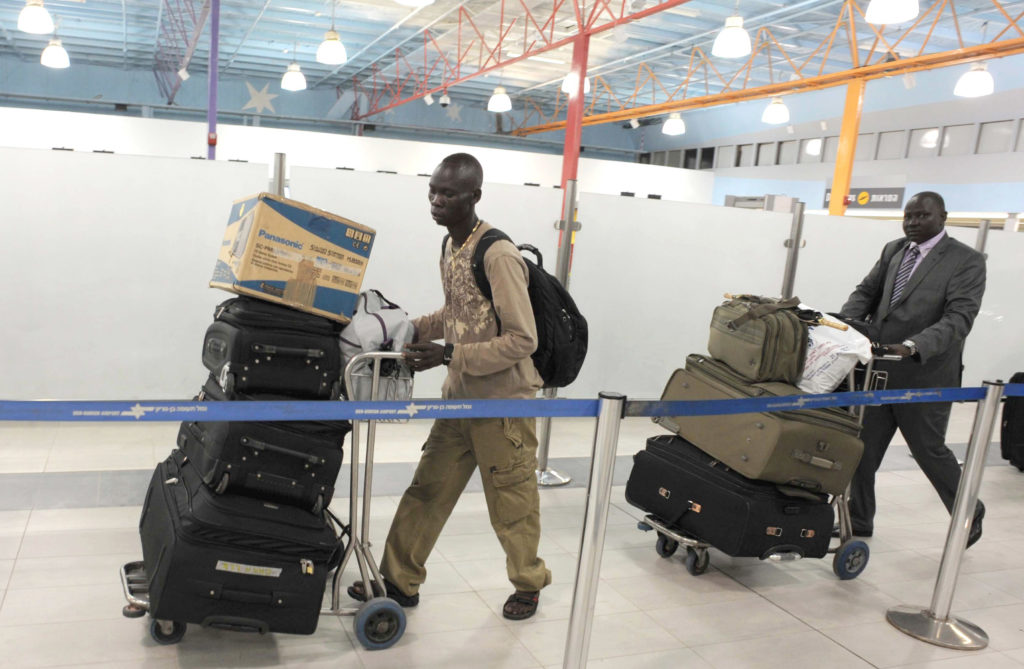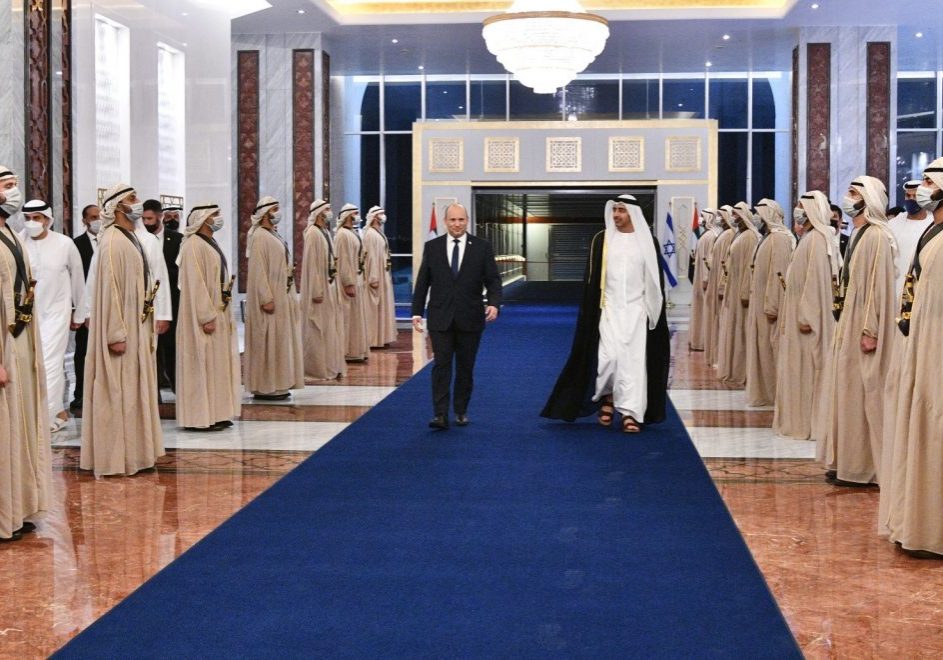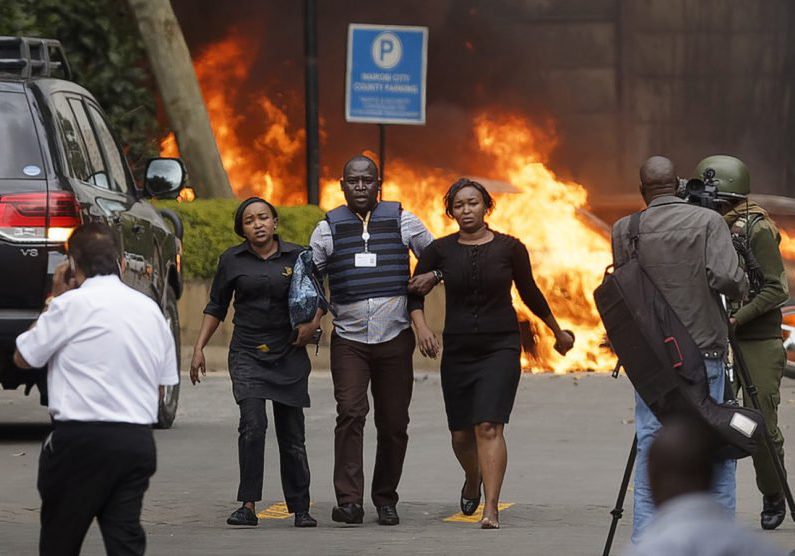Australia/Israel Review
Out of Africa
Jul 2, 2012 | Yehonathan Tommer

Yehonathan Tommer
Compared to the revolutionary upheavals in the Arab states, the Jewish state is a haven of political stability, domestic quiet and economic prosperity. And while it involves a hazardous, overland desert journey fraught with Bedouin marauders and human traffickers, Israel’s largely unfenced Negev border with the Egyptian Sinai has nonetheless seen between 1,000 to 2,000 foot-weary, traumatised Africans crossing into Israel each month over the past few years.
However, entries are expected to fall dramatically when the 247-kilometre-long fence being constructed along the Sinai border is completed by the end of 2012, according to Israeli PM Binyamin Netanyahu.
Israel today hosts some 65,000 unauthorised African migrants, a tiny fraction of the 20 million displaced Africans who have fled poverty, disease and failed, dictatorships in their own homelands for neighbouring African states. However, because of Israel’s small size, these 65,000 Africans already constitute nearly 1% of the Israeli population and some projections estimate that, if current trends were to continue, Africans could be as much as 10% of Israel’s population by 2025.
Eritreans, including some 10,000 Ethiopians claiming to be Eritreans, are the biggest group of 35,000. Somalis number 800. North Sudanese (including migrants from Darfur) number 10,000 and the rest are a mixed bag of 20,000 unauthorised migrants who hail from ten to 15 other African countries.
These migrants and Israel’s policy dilemmas in dealing with them kindled both international headlines and intense domestic political controversy after racially-tainted and sometimes violent demonstrations erupted in Israel in late May and early June. Demonstrators demanded the immediate eviction of tens of thousands of unauthorised African migrants from the poorer, urban neighbourhoods in which they had congregated. The violence and racially-charged rhetoric was widely condemned in Israel, including by PM Netanyahu and President Peres.
Emotional exchanges that cut across party lines were also sparked by Interior Minister Eli Yishai’s announcement last month of plans to start large-scale repatriation, starting with South Sudanese unauthorised migrants, to alleviate the festering, socio-economic frictions with local residents. He also controversially gave the green light to start construction on two temporary detention centres in the southern Negev to house 20,000 illegal migrants relocated from Tel Aviv, Eilat and other Israeli towns.
Refugees and Repatriation
Under international law and the 1951 Geneva Convention on the Status of Refugees, to which it is a signatory, Israel must regard migrants and their families illegally entering the country as potential refugees.
Currently, unauthorised migrants are not legally entitled to work in Israel under the temporary protection visas they are given while their claims are assessed. In practice, this regulation is not enforced, and many find jobs in agriculture, service industries and other forms of manual labour. But because of the bureaucratic lacuna, employers risk legal proceedings and fines if they are arrested and charged with a breach of the law.
“Not all of them are infiltrators and we don’t know how many may be asylum seekers,” Foreign Ministry Deputy Spokesman Paul Hirschson said of the African migrant inflow to AIR.
The Somali, Eritrean and North Sudanese unauthorised entrants total 40,800 and, under present circumstances, cannot be repatriated for the foreseeable future because Israel has no diplomatic relations with these countries. “Somalia doesn’t want its expatriate illegals and no country in the world is deporting them back home. Deported Eritrean men would face trial as army deserters and a grim future under a repressive Marxist regime,” Hirschon explained.
An official working team from the South Sudanese capital of Juba spent several days in Jerusalem in June to process and coordinate the repatriation of 1,000 South Sudanese citizens remaining after 1,000 had already voluntarily returned home after statehood was declared in July 2011.
The first plane load of 130 adults (each pocketing an Israeli government grant of €1,300, a year’s average wage in South Sudan) and 43 children left Israel on June 17.
The Sudanese left with mixed feelings. Some had lived and worked in Israel for seven or more years. One man said he was happy to return home and thanked the State of Israel for letting him stay. He had made many friends during his five years’ stay and bore no grudges, he said. Others were distressed by their arrests and inability to wind up their affairs and pack their belongings.
Some 1,000 migrant workers from the Ivory Coast, excluding those requesting asylum, will also be repatriated following a visit to Israel in late June by their President, Alassane Ouattara.
“Conditions in North Sudan have greatly improved, but continuing political instability and acute economic hardship in that country makes it difficult to repatriate Sudanese unauthorised migrants,” Hirschson said. “Third party contacts are in train to get Khartoum to agree to repatriating its nationals.”
Similar talks with Addis Ababa will soon be underway to repatriate most of the estimated 10,000 unauthorised Ethiopian migrants.
These will be also followed by talks with officials of Nigeria and Kenya and the other ten to 15 African governments with citizens in Israel, to repatriate some 20,000 people to their respective countries after individual requests for asylum have verified and evaluated, Hirschson added.
Public confusion
There was considerable public confusion in Israel regarding the Interior Minister’s announcement of the program of deportations and laws authorising three years’ internment in detention centres for infiltrators to deter unauthorised migrants from entering Israel.
Millions of Africans flooding into Israel would undermine its Jewish-Zionist character, Interior Minister Yishai charges. His critics in turn accuse him of political demagoguery.
Israeli papers were full of emotional stories of Interior Ministry inspectors arresting unauthorised migrants on the streets and banging on doors in the dead of night to order scared families with frightened children to pack their belongings and prepare for deportation.
Other stories reported hostile residents angry with the black foreigners invading their neighbourhoods: angry at loitering gangs of drunken African youth threatening residents; of harassment and sexual assaults against women; of high noise volumes night and day; and of young mothers afraid to take their children into municipal parks filled with dozens of homeless migrants sleeping rough.
“The problem was not of refugees and infiltrators, but a lack of clear policy to which the Government must find a solution,” Israeli Knesset Speaker Ruby Rivlin said.
The harshest criticism came from Foreign Minister Avigdor Lieberman, known for not mincing his words. He accused Yishai of populist demagoguery that was undermining the intense backroom diplomacy achieved with African governments to bring an orderly return of their citizens from Israel.
Tags: Africa






